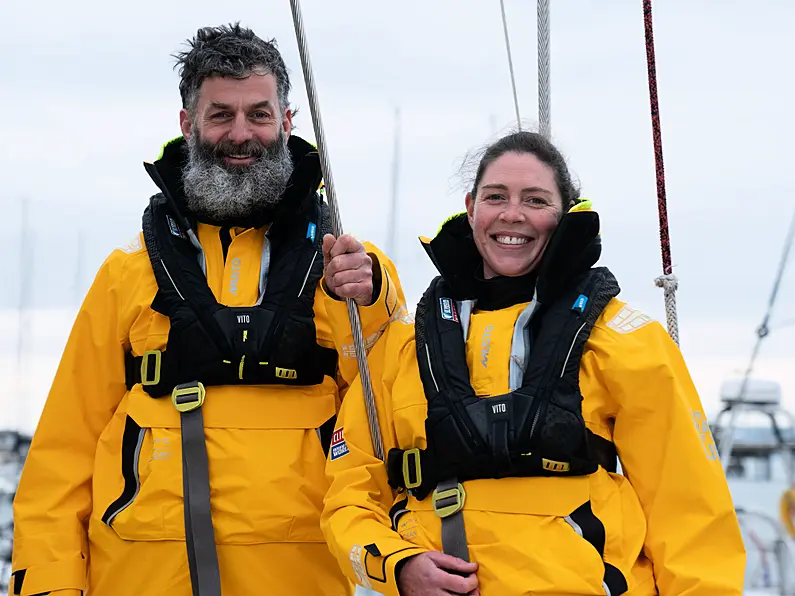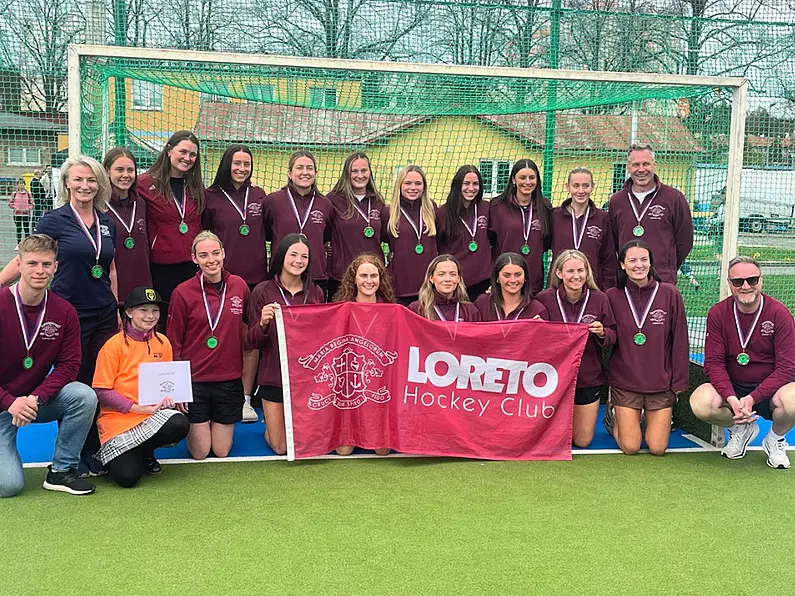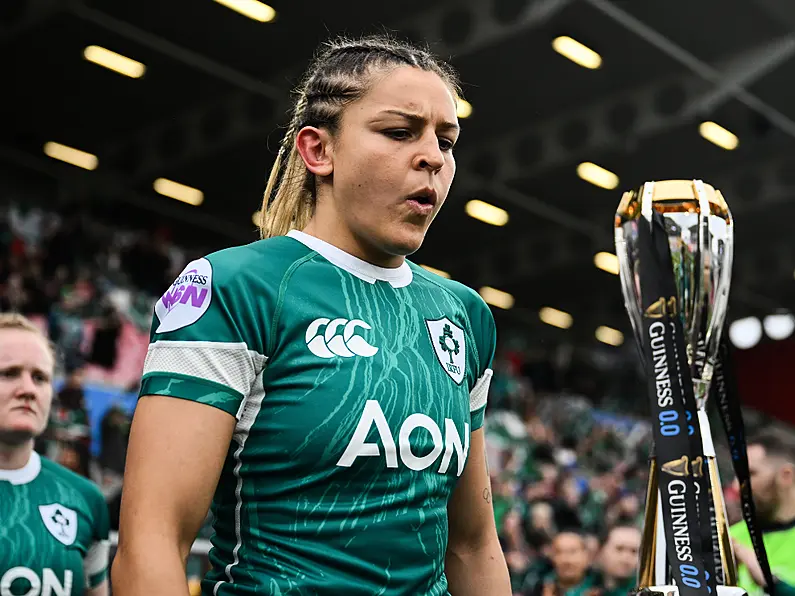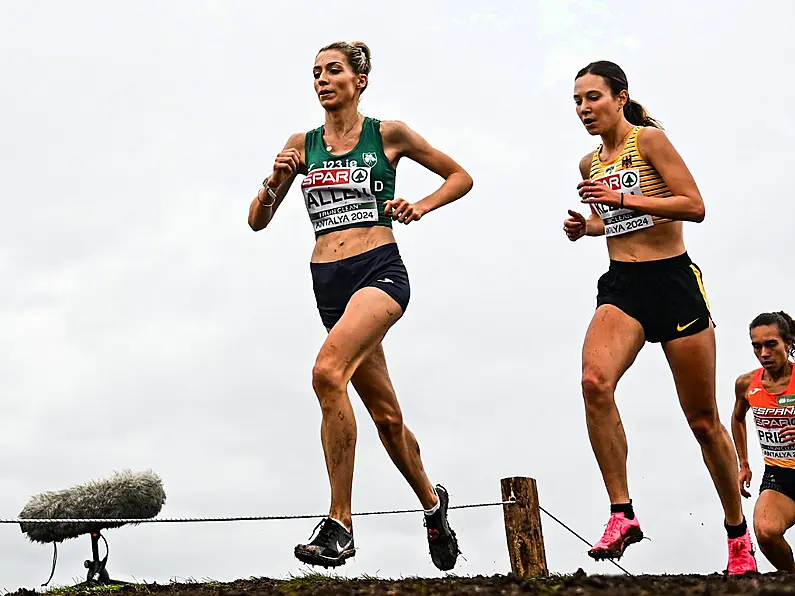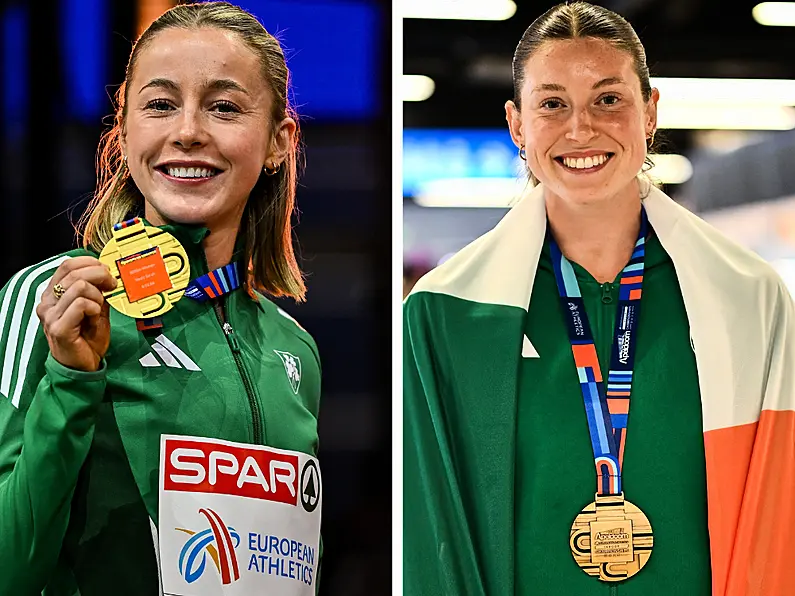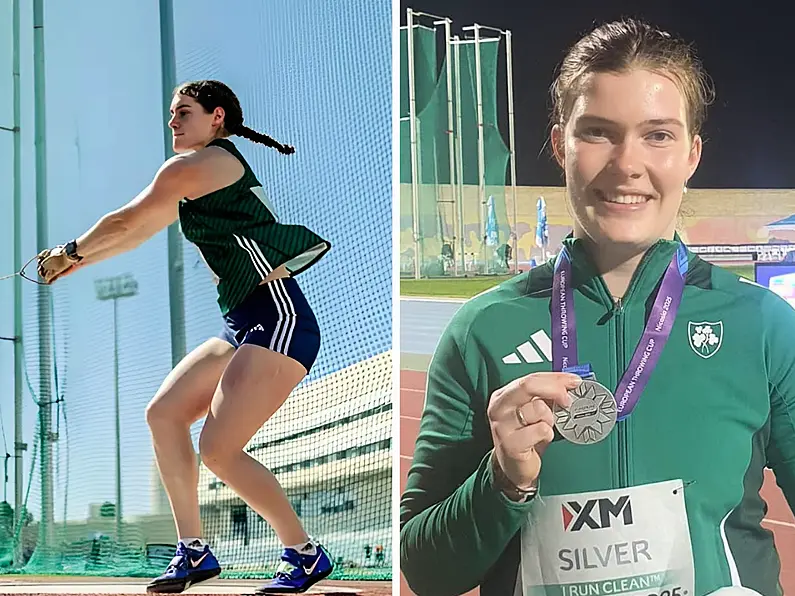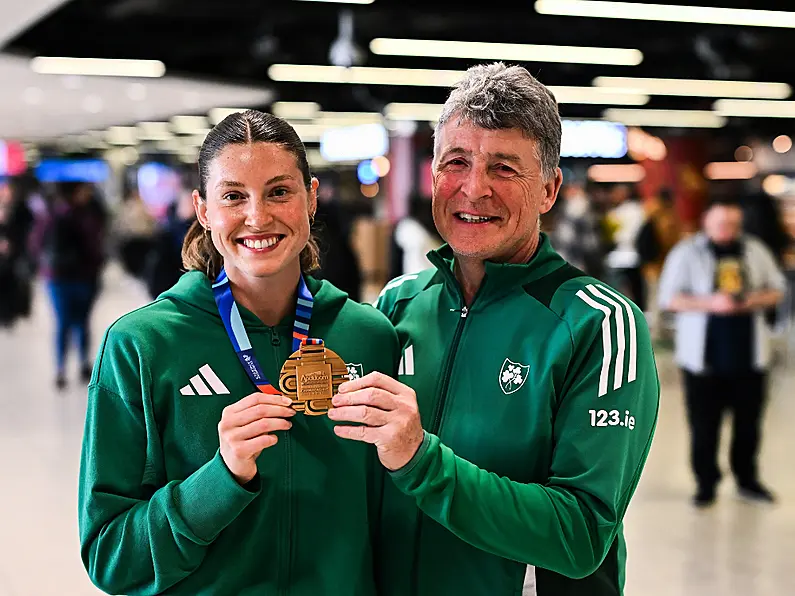When Irish Paralympian Greta Streimikyte answers the phone, she’s in the middle of moving house. She jokes that she came to Ireland from Lithuania with one suitcase, and now she’s accumulated so much stuff in the years since.
Streimikyte is a 1500 metre runner and has represented Ireland since 2016. She competes in the T13 classification for visually impaired athletes, and is a force to be reckoned with on the track.
Streimikyte, who has a masters in business management from DCU, feels that the postponement of the Paralympics was good news for her, as she recently got a new coach and joined a new training group, the Dublin Track Club. It was nice to have the time to get used to her new training without the pressure of the Games.
“I needed the time...I’m not saying I would not have been prepared if Tokyo had gone ahead...but the Paralympics is only once every four years, and you’re like “Oh jesus, there’s the new training” and...Tokyo was coming and I started getting a bit under pressure,” she said. “Which is normal, because we all care to perform as best we can.”
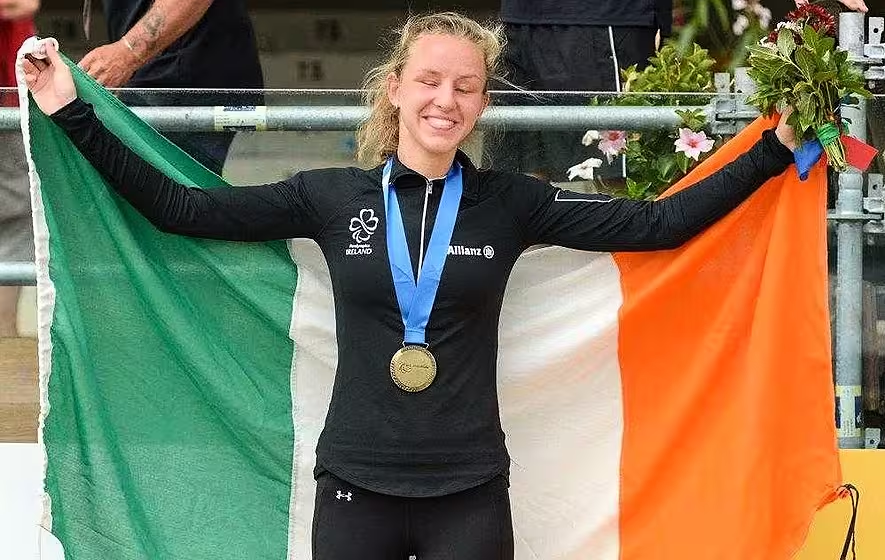
Picture by Sportsfile
The 24 year old made her debut for Ireland in June 2016 at the IPC Athletics European Championships in Grosseto, Italy, just a few months before her first Paralympic Games in September. She earned a bronze medal in the 1500m race, and said she was grateful it gave her some experience before going into the Games, the size and scale of which was unlike anything she’d seen before.
“It was great that I had that. You know learning how to deal with the nerves, what comes with the championship, the media, the expectation...I think it was a great experience before Rio because Rio was even bigger expectations, even bigger media, even bigger nerves.”
Walking into the Estádio Olímpico Joao Havelange, particularly for the final, was “something else''. Although the race itself is a blur, she recalls that the atmosphere, the crowds and the energy was incredible. She earned fourth place in the final, just months after competing in her first ever international competition.
“It’s the biggest stage you can possibly be on, and then the things that come with it: the competition, the atmosphere, the stadium, the Olympic Village. All those experiences, they’re not like Europeans, they’re not like Worlds. It comes only one in four years, and that’s where the majority of athletes truly want to be the best that you can be at that day.”
Streimikyte's success didn’t stop there, and at the 2018 European Championships in Berlin, she won a gold medal. She’s very proud of that achievement, not because she won, but because of how proud she was to represent her country, something she struggles to put into words as it means so much to her.
“The Irish flag is up, the national anthem is playing. I remember standing there just smiling, it was just so nice,” she said. “You ran it for your country. Every time I think about it now, I know why athletes really want to win...You’re just so proud to be able to have that moment where it’s all about your nation.”
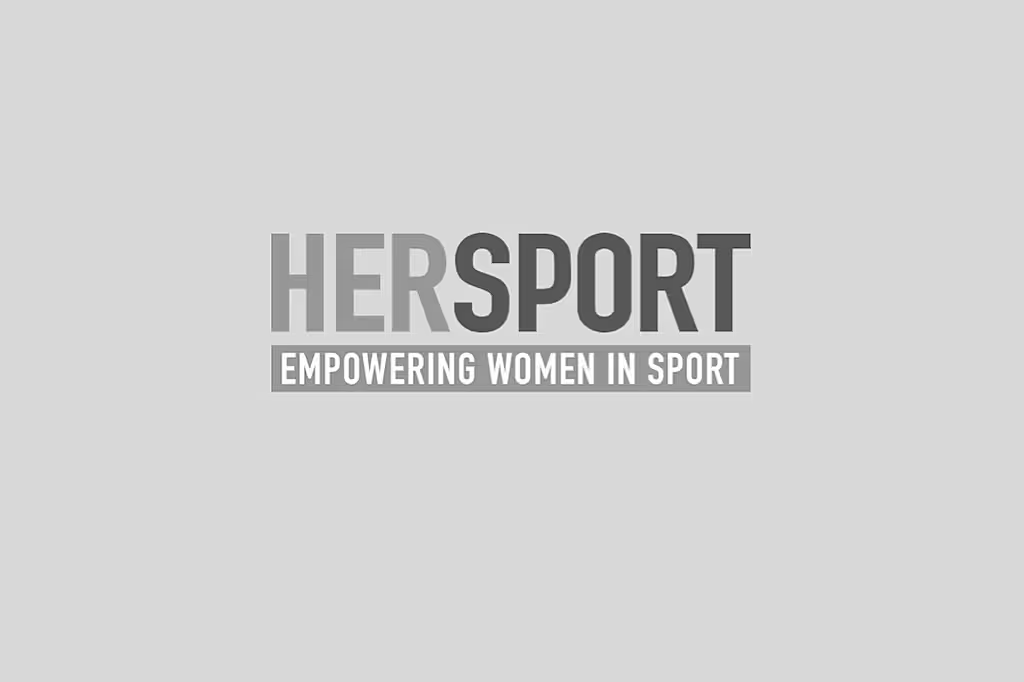
Born a triplet in Vilnius, Lithuania, Streimikyte developed retinopathy as a newborn as a result of being in an incubator, so she was almost completely blind. After two unsuccessful operations to restore some vision, doctors told her parents that they should be grateful that she was alive as she was born prematurely. However, her parents, Asta and Raimundas, much like Streimikyte herself, were determined and raised money for her to have another operation in Sweden, which was a success and gave her some vision in her left eye.
Streimikyte and her family moved from Lithuania to Ireland in 2010, following her father after he moved for work. At 15 years old, she was excited about coming to Ireland, unafraid of trying new things and excited to see her dad every day. The transition was made easier as she then went to school with her brother Amas and her sister Emilija, and they were always together.
“A lot of people, when I’d tell them I came when I was 15, they were like “Oh, that probably was tough, you were in your teenage years.” We came in for the transition year, and everybody’s already in their groups, everybody knows each other so well...And then we come in and our English isn’t perfect. But to be honest, it was fine.”
Although Streimikyte comes from a sporty family and was involved in sport as a child, she didn’t take up athletics until she was 17 years old after P.E. teacher Sean Gallagher in school spotted her talent. Her life was set on a new path following that 800 metre community race in Santry, where she came second. Before Gallagher brought up the idea of Greta joining Paralympics Ireland, she knew very little about it.
“That was a lot of learning. Learning about athletics in general. Joining the athletics club, Clonliffe Harriers. Learning about the Paralympics: do I want to do it? Will I give it a go?,” she said. “It was a learning experience, but it’s funny how one person can change so much.”
To represent Ireland, Streimikyte meant giving up her Lithuanian citizenship as Lithuania doesn’t allow dual citizenship, but it was the correct decision for her.
“I’m proud to be Lithuanian and the passport doesn’t really change that,” she said. “At the same time, I love Ireland. I started running when I was in Ireland. People support me, people coach me, people are there for me in Ireland. I wanted to run for Ireland. Even now, I’m probably going to live the rest of my life in Ireland.”

Photograph:Paul Sherwood
Streimikyte is delighted to be a part of Olympic Ireland’s Dare to Believe programme, where Olympic and Paralympic athletes visit schools across Ireland, sharing their experiences and giving tips. For her, the most important message is that the children should find something they love to do. “I always say if one child takes something out of it, it’s already a win.”
Girls in particular often drop out of sport during the Leaving Certificate and Streimikyte believes it’s important to encourage them to stay involved. In recent years, there’s been more research into women in sport and why some things are different for women, and she thinks it’s getting better. “If you can push through those teenage years, I feel they would be more likely to stay in sport in general.”
For now, Streimikyte is happy to be back on the track. She has a few races coming up, including the National Senior Championships in August, so she’ll focus on those before turning her attention to Tokyo. A fiercely driven and humble individual, she’s an excellent example of the sporting talent we have here in Ireland.


